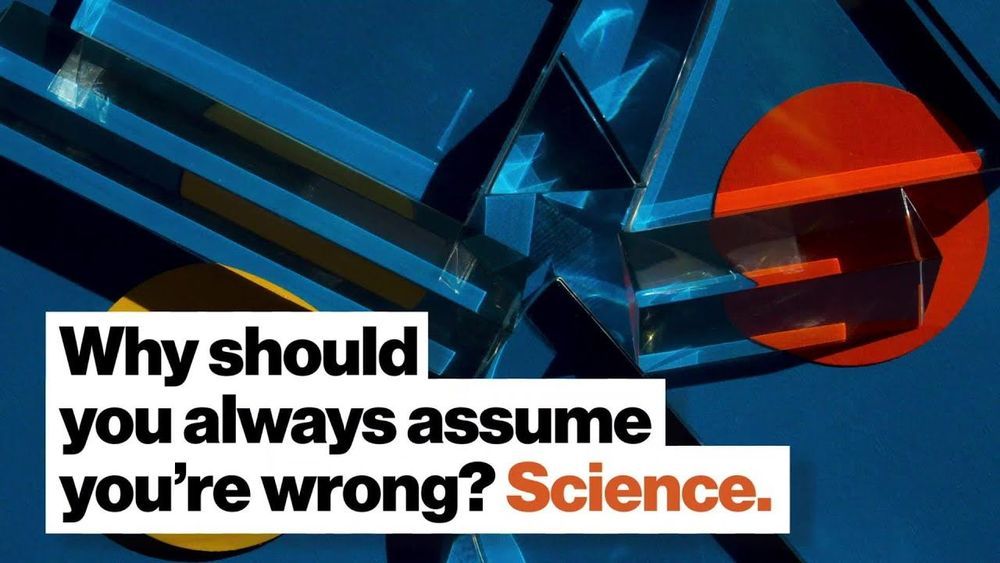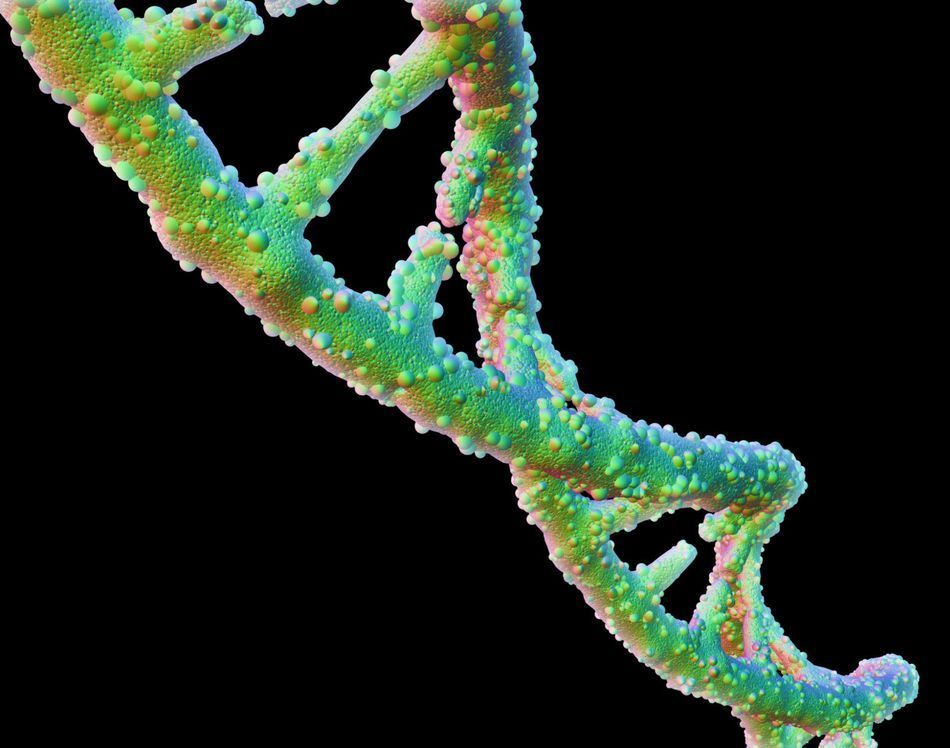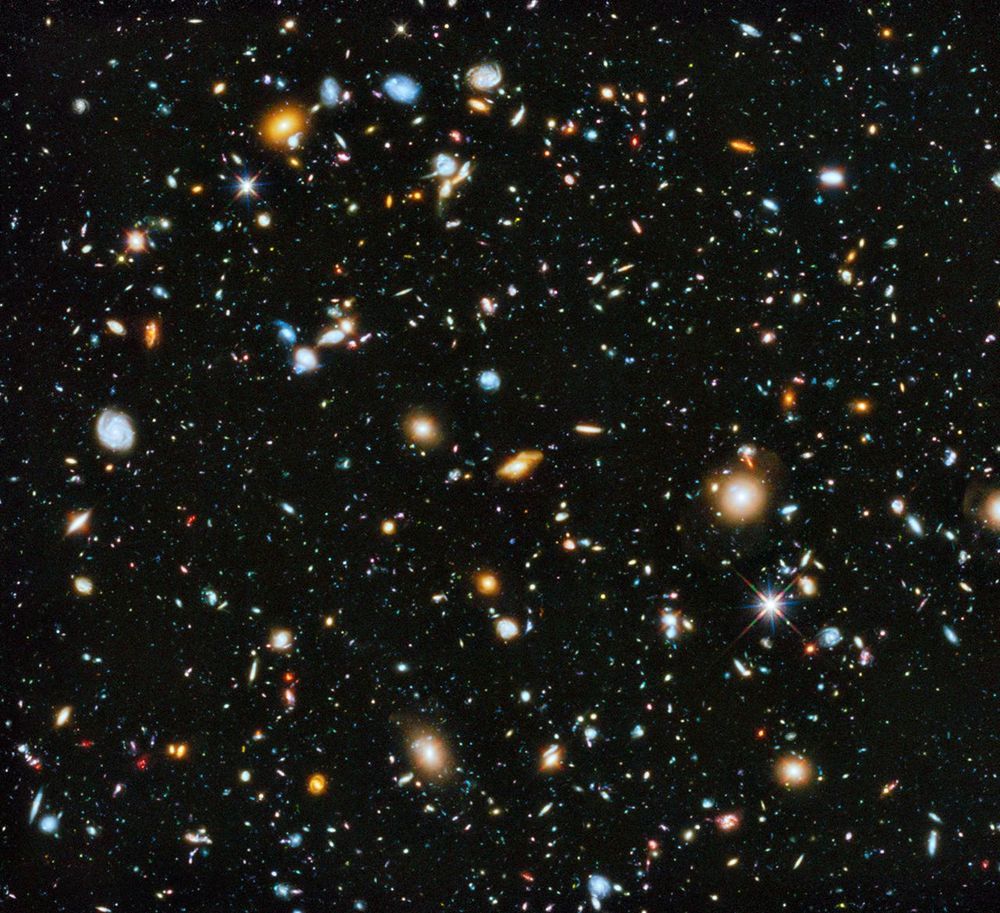After reading the new book “The Case Against Reality: Why evolution hid the truth from our eyes” by cognitive scientist Donald D. Hoffman, many academics and general readers alike may conclude that the Interface Theory of Perception well might be regarded as the most advanced theory of consciousness to date. If you dare to glance outside the paradigmatic square of neuroscience and neurophilosophy, then this book opens up a brand new perspective shedding light on the most probable future venue of scientific endeavor for the theory of everything with computational underpinnings and revolving around phenomenal consciousness.
Challenging the orthodoxy of still-predominant physicalism with undeniable logic and recent epistemological discoveries, Donald Hoffman crafts out his new Interface Theory of Perception which, for some inexplicable reason has been overlooked for so long and is but self-evident: Each conscious agent inhabits their own virtual bubble-universe while using species-specific sensory-cognitive modality in interfacing with objective reality.
In my recently-published book The Syntellect Hypothesis: Five Paradigms of the Mind’s Evolution (2019) I go a step further by submitting to you that “that something in objective reality” (in the words of Hoffman) is nothing less than non-local consciousness, or the Universal Mind if you prefer, co-creating each and every observer timeline. My ‘Experiential Realism’ is Hoffman’s Conscious Realism.









